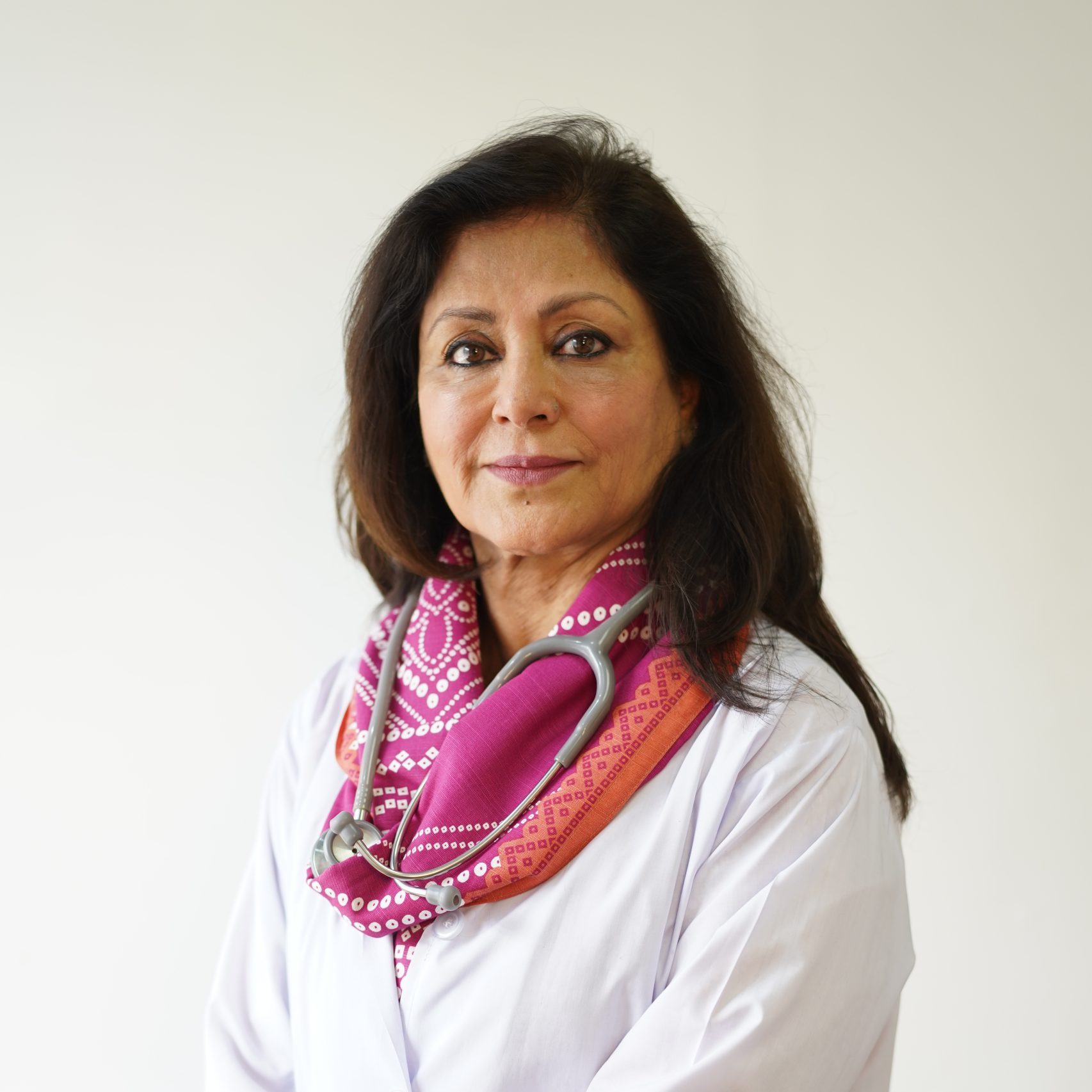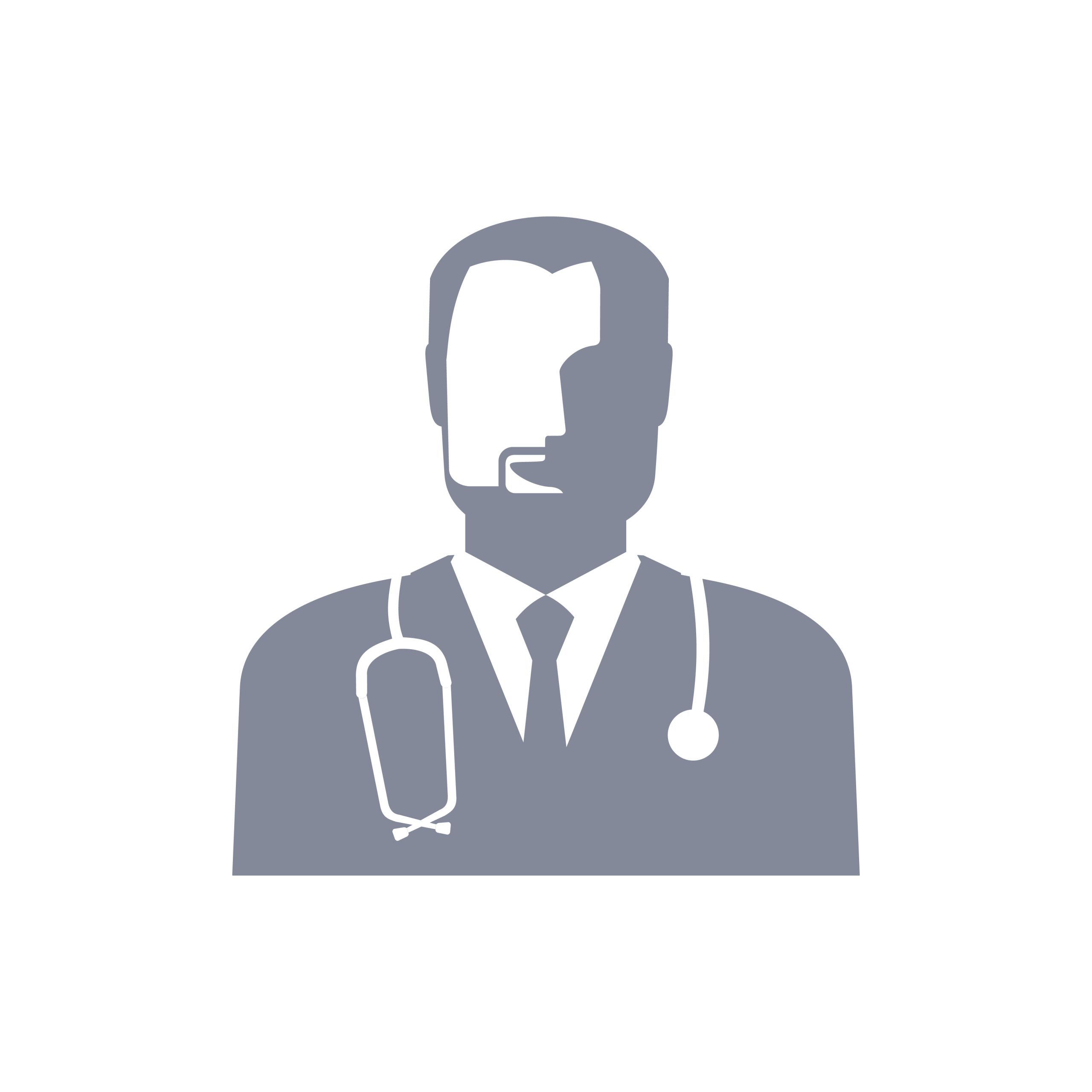The Ophthalmology Department at our hospital specializes in the diagnosis and treatment of eye conditions. Led by skilled ophthalmologists and optometrists, our team provides comprehensive eye care services, including routine eye exams, cataract surgery, LASIK, glaucoma treatment, and management of retinal disorders. We utilize state-of-the-art technology and surgical techniques to deliver high-quality care and improve vision outcomes for our patients. Our commitment to excellence and patient satisfaction ensures that each individual receives personalized attention and treatment tailored to their unique needs.
Services:
Our ophthalmology services offer comprehensive eye care for patients of all ages. We provide routine eye exams, vision screenings and treatment for various eye conditions including;
- Cataracts
- Glaucoma
- Macular degeneration
- Diabetic retinopathy
Our team of ophthalmologists performs advanced surgical procedures such as;
- Phaco
- Squint
- Laser eye surgery
We are committed to preserving and improving vision health through personalized treatment plans and state-of-the-art technology.
Our Doctors
Dr. Nusrat Sameen
Consultant OphthalmologyDr. Anwar Ahmed Gul
Consultant OphthalmologyDr. Inayat Ullah Khan
Consultant OphthalmologyDr. Muhammad Idrees
Consultant OphthalmologyFAQs
Who is an ophthalmologist?
An ophthalmologist is a medical doctor (MD) or doctor of osteopathic medicine (DO) who specializes in the medical and surgical care of the eyes. They are trained to diagnose and treat a wide range of eye conditions, perform eye surgery, and prescribe corrective lenses.
What are some common eye conditions treated by ophthalmologists?
Common eye conditions treated by ophthalmologists include refractive errors (such as nearsightedness, farsightedness, and astigmatism), cataracts, glaucoma, diabetic retinopathy, macular degeneration, retinal detachment, corneal diseases, eye infections, and strabismus (misalignment of the eyes).
When should I see an ophthalmologist?
You should consider seeing an ophthalmologist if you experience any symptoms related to your eyes or vision, such as blurred vision, double vision, eye pain or discomfort, redness, irritation, itching, excessive tearing, flashes of light, floaters (spots or specks in your vision), or if you have a family history of eye disease or other risk factors.
How are eye conditions diagnosed?
Eye conditions are diagnosed through a combination of medical history, visual acuity testing (such as reading an eye chart), refraction testing (to determine the need for glasses or contact lenses), slit-lamp examination (using a microscope to examine the structures of the eye), tonometry (to measure intraocular pressure), dilated eye examination (to examine the retina and optic nerve), and imaging tests (such as optical coherence tomography or fundus photography).
What treatments are available for common eye conditions?
Treatment for common eye conditions depends on the specific condition but may include prescription eyeglasses or contact lenses, medications (such as eye drops, ointments, or oral medications), laser therapy, intraocular injections, or surgical interventions (such as cataract surgery, glaucoma surgery, or retinal surgery).
Can eye conditions be prevented?
While some eye conditions may have genetic or other predisposing factors, many can be prevented or their progression slowed through lifestyle modifications such as wearing UV-protective sunglasses, avoiding smoking, maintaining a healthy diet rich in antioxidants and omega-3 fatty acids, protecting your eyes from injury, and getting regular eye exams to detect and treat conditions early.
How often should I have an eye exam?
The frequency of eye exams depends on your age, risk factors, and any existing eye conditions. As a general guideline, adults with no symptoms or risk factors should have a comprehensive eye exam every 1-2 years. However, individuals with certain risk factors (such as diabetes, high blood pressure, or a family history of eye disease) may need more frequent exams.
These FAQs provide general information about ophthalmology, but if you have specific concerns or questions about your eye health, it’s essential to consult with an ophthalmologist or healthcare provider for personalized advice and care.






